Yes, Algae Can Soothe Sensitive Skin, But It Also Prevents Skin Damage and Aging


I'm a beauty editor, so I have a pretty good grasp on the hundreds of ingredients that are commonly used in skincare formulations. I have to; it's my job. However, I'm not a dermatologist or an aesthetician, so I'll never claim to know everything. In fact, I'm constantly expanding upon and adding to my skincare knowledge. Most recently, I learned that algae as an ingredient—found in some of the most popular skincare products—deserves more credit than I've been giving it.
Let me explain. Until recently, I was under the impression that algae is only good for one thing. Well, two things—first, soothing sensitivity, and second, hydrating dry skin. That's true, but little did I know that it offers a much wider range of benefits. It can actively defend the skin against damage and prevent signs of aging. Yep, it's a multitasking ingredient just like niacinamide, retinol, and ectoin, and I had no clue. Luckily, I had two top dermatologists fill me in and catch me up to speed. Now, I'm looking at algae with a whole new perspective. Keep scrolling!
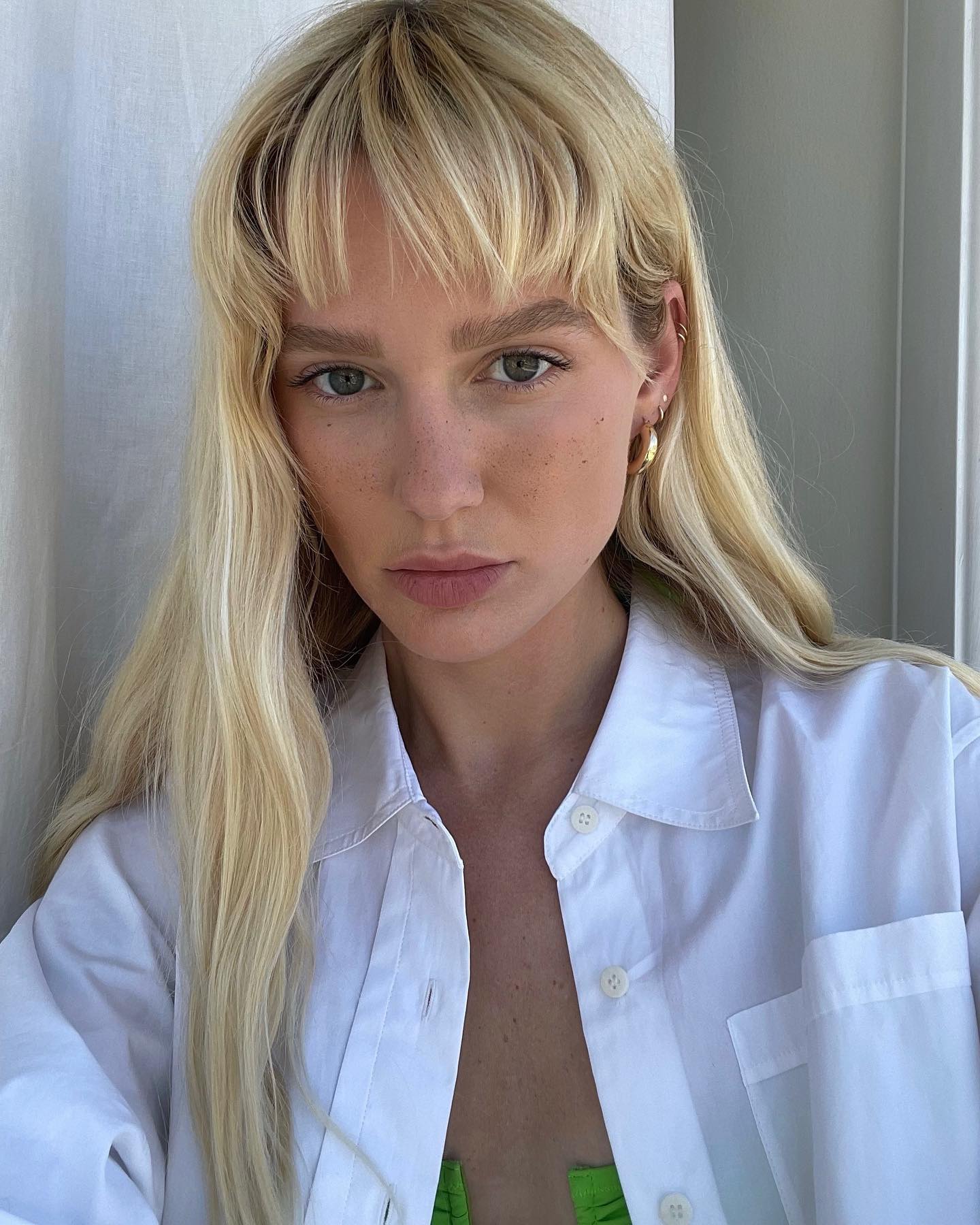
What Are Algae, and What Types Are Used in Skincare?
Many people assume algae is a singular term, and one that refers to a type of underwater plant. In reality, algae is a category of diverse photosynthetic underwater organisms that range from single cells to giant kelp. And even though algae are related to plants, they're not really plants. They're "protists," which is a catch-all term for organisms that aren't technically plants, animals, fungi, or bacteria.
Geeta Yadav, MD, is a board-certified dermatologist and founder of Facet Dermatology. "A lot of people don't realize that algae is very much a catch-all term that fits a lot of different ingredients under its umbrella. For example, seaweed is a type of algae (but not all algae are seaweed). The most common forms of algae included in skincare include brown algae (like laminaria digitata), red algae (including Irish moss, known as chondrus crispus), and blue algae (spirulina is one that we've all heard of before!)."
Yadav says all of these are rich in antioxidants, which can defend against free radical–induced skin damage and prevent signs of aging. However, different algae offer different benefits.
"Studies show that some forms of brown algae serve as tyrosinase inhibitors, helping to prevent melanin synthesis and reducing hyperpigmentation, as can some forms of red algae," she says. "Red algae [have] been shown to be a promising additive to SPF because [they] can help strengthen its photoprotective properties. Blue algae can help skin's water retention and promote skin firming."

Brendan Camp, MD, is a board-certified dermatologist at MDCS Dermatology. He seconds Yadav in saying that the most common forms of algae in skincare are brown, red, and blue. He also adds green algae to the mix.
"Brown algae [are] one of the more commonly used types of algae in skincare because [they are] rich in antioxidants and skin hydration," he says. "Red algae [contain] a high concentration of carotenoids, which are pigments that may help protect skin from the sun and limit the formation of dark spots. Blue algae [are] also referred to as spirulina. [They are] rich in antioxidants, which protect skin from the damaging effects of free oxygen radicals. Green algae [contain] a high concentration of antioxidants that protect the skin from oxidative stress."
How Do Algae Benefit the Skin?
"Algae are included in skincare products because they are natural sources of high-impact ingredients, such as antioxidants, hydrators, anti-inflammatory agents, and vitamins and minerals," Camp says. As such, "Algae offer a number of skincare benefits and can be useful for those looking for ingredients with anti-aging properties, antioxidant protection, and the ability to brighten skin." Yep, that's right. Beyond simple skin-soothing and hydration, algae offer potent anti-damage, anti-aging, and brightening benefits.
Yadav seconds this, saying that algae are "rich in vitamins, minerals, and other nutrients, including chlorophyll, which offers anti-inflammatory and antibacterial properties. Common vitamins found in algae include A, a host of different B vitamins, and C, and you'll find minerals like calcium and magnesium. The nutrient contents will all vary as algae can be found in all bodies of water, both fresh water and salt water."
Since they're jam-packed with vitamin, minerals, and other nutrients, Yadav says the benefits can be potent. "We know those vitamins all offer free radical defense, which is important to stave off skin damage and signs of aging," she says. "Certain minerals can help reinforce the skin barrier, promoting more moisturized and balanced skin. And chlorophyll having anti-inflammatory and antibacterial properties makes it useful for acne-prone and sensitive skin types, as well as those looking to fight aging as chronic inflammation ages the skin."

Are There Any Downsides or Drawbacks?
While algae are good for all skin types, Yadav says it really comes down to the product formulation. That's why she recommends buying algae skincare products from trustworthy brands. "Where the algae [are] grown can influence [their] nutrients, and it can be helpful to know that the products you use feature algae sourced from somewhere clean."
As for Camp, he's not sold on the comedogenicity of algae. The term comedogenic refers to the potential of a product or ingredient to clog pores and/or exacerbate acne. "The comedogenic potential of algae is controversial, as there are reports that suggest it can help reduce inflammation associated with acne and others that suggest it can encourage the production of acne because of its high iodine content," he says. So acne-prone skin types, beware. It might take some trial and error to reap the benefits of algae without suffering an increase of clogged pores.
The Best Skincare Products With Algae
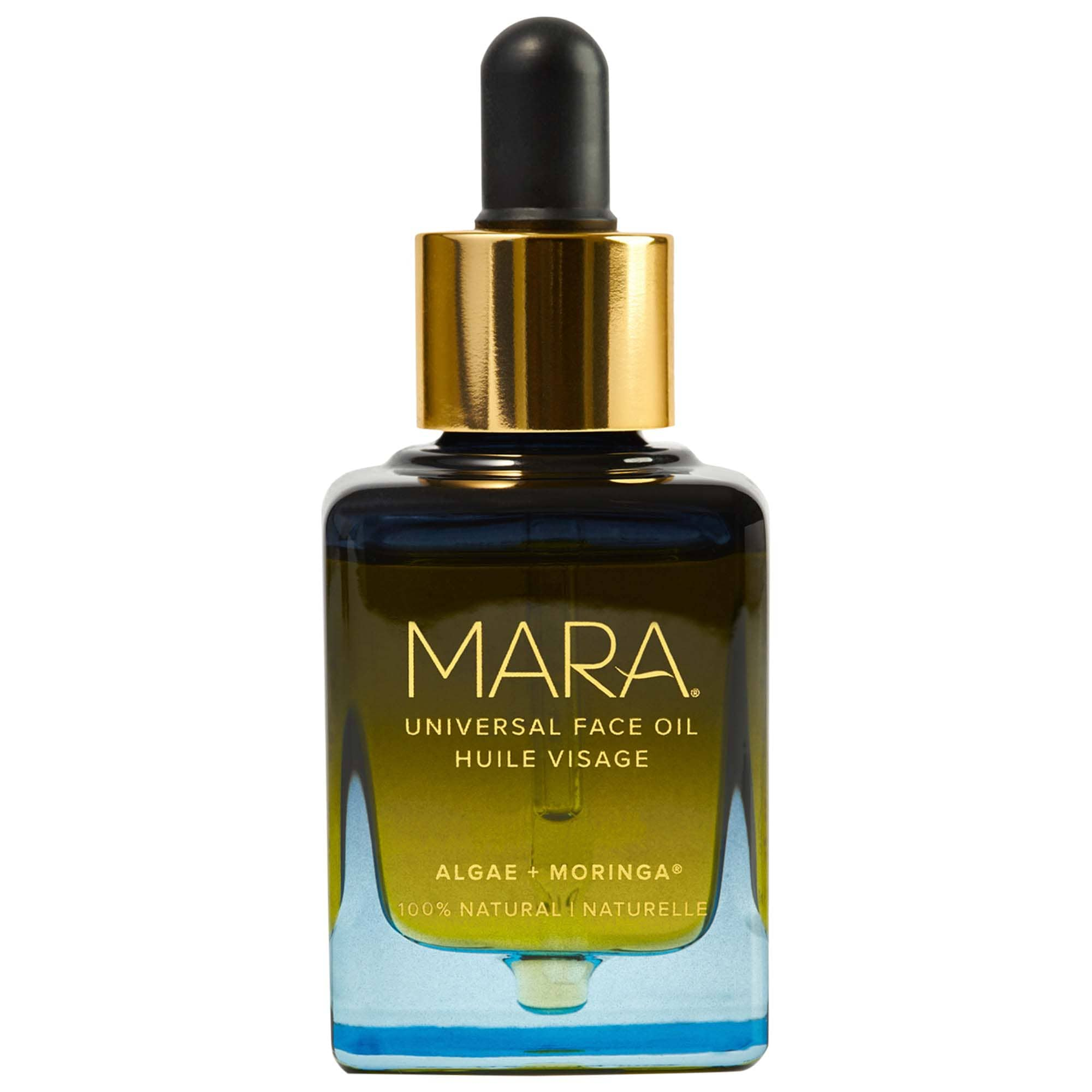
"I really like the formulas from Mara, which highlight a wide range of different algae types, including Irish moss and spirulina," Yadav says. "The formulas are very elegant and varied, but many of them are oil-based. They have products across multiple categories, including mineral SPF, body oils, exfoliating cleansers, and lip treatments. The brand also sustainably harvests the algae used in their formulas off the coasts of Ireland and France, donates to a kelp reforesting organization, and uses recyclable packaging."
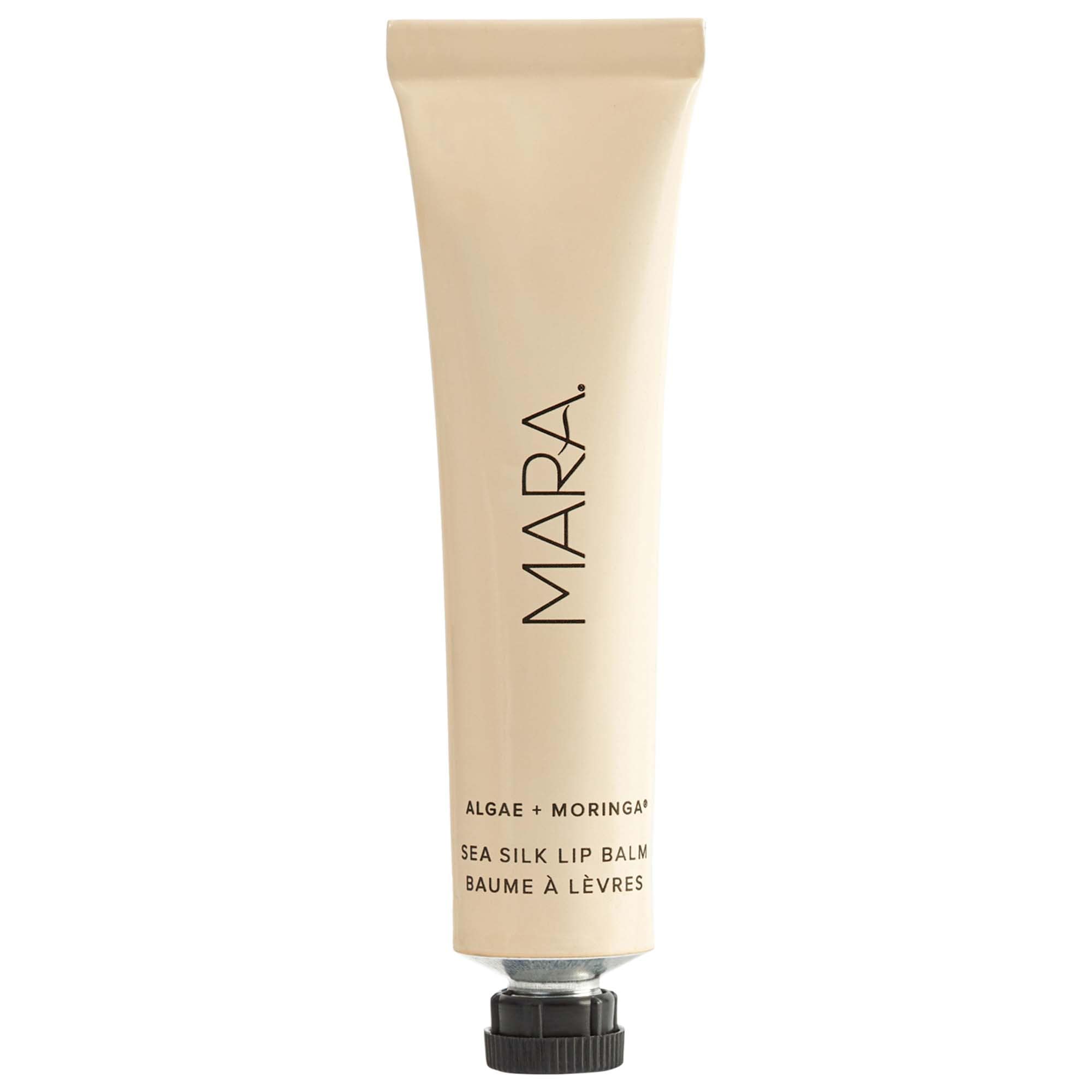
We want to shout out the brand's lip balm while we're at it. It features an algae plumping complex to improve fullness, hydrating seed butters to restore moisture, and vegan waxes to lock in hydration.
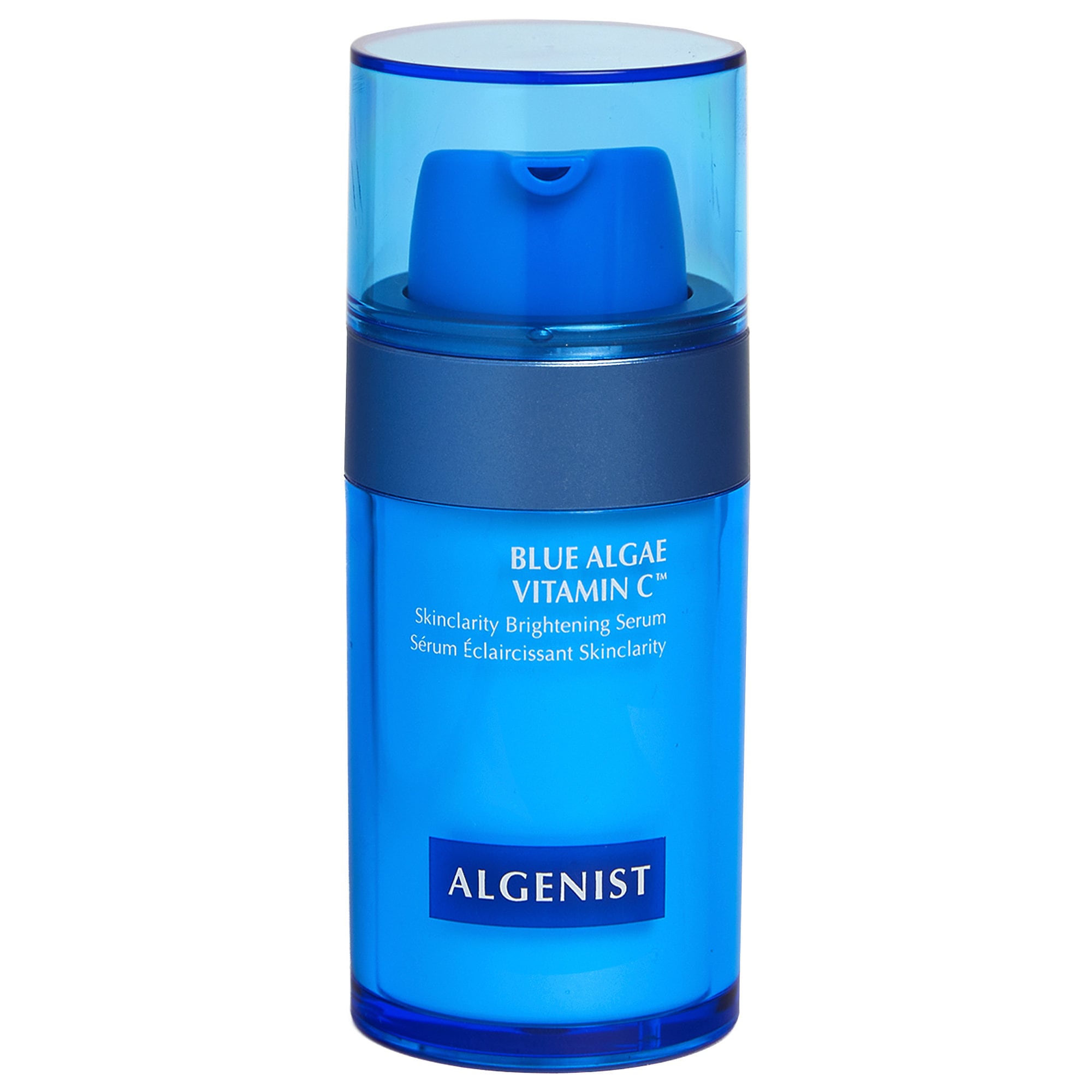
If your main concerns are dark spots and discoloration, this serum will help. It's formulated with patented alguronic acid to reduce visible signs of aging, blue algae vitamin C to brighten the skin, and marine ferment to reduce the appearance of pores and oxidative stress.
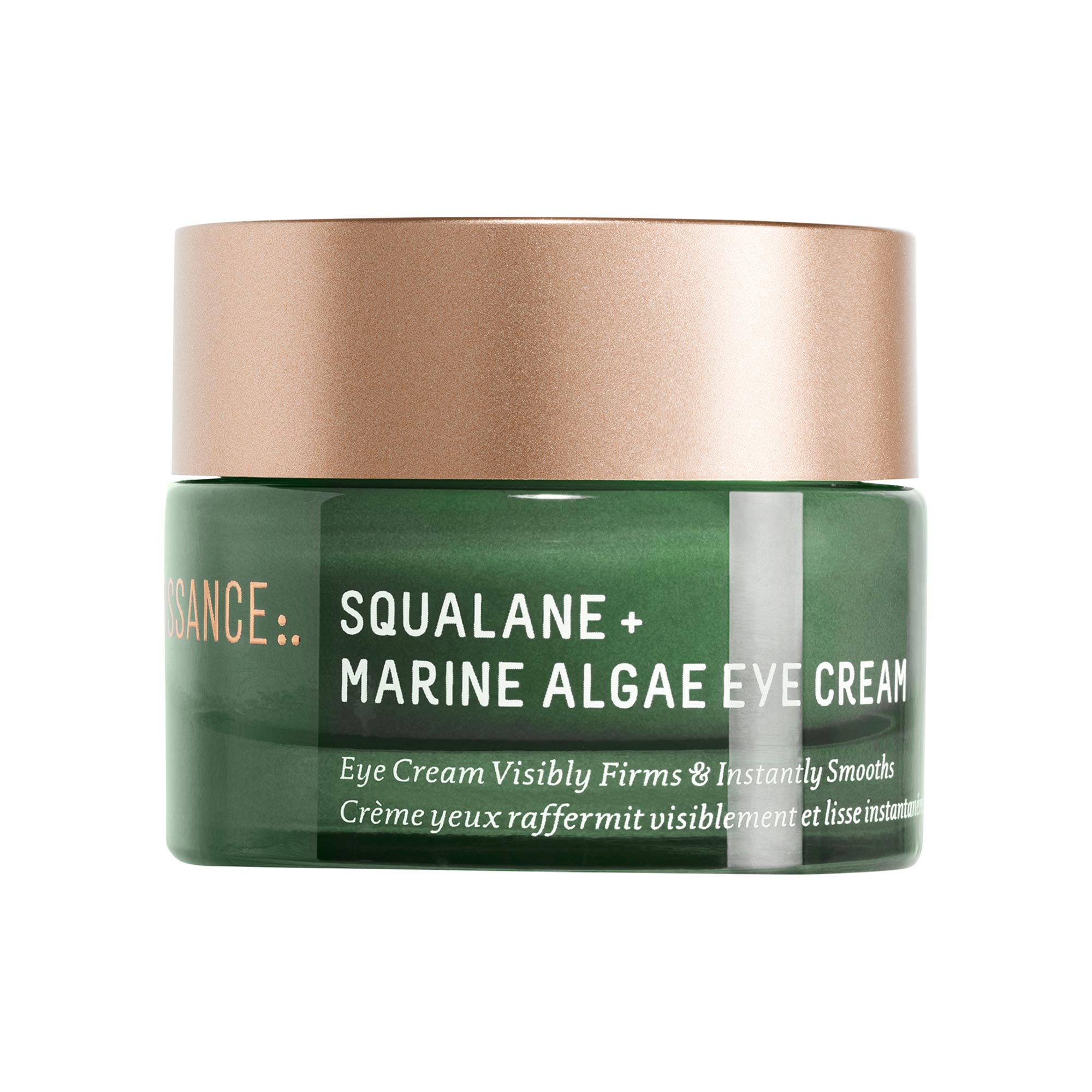
A hydrating and lifting eye cream, this Biossance product uses marine algae to hydrate and plump the skin and visibly reduce fine lines and wrinkles.
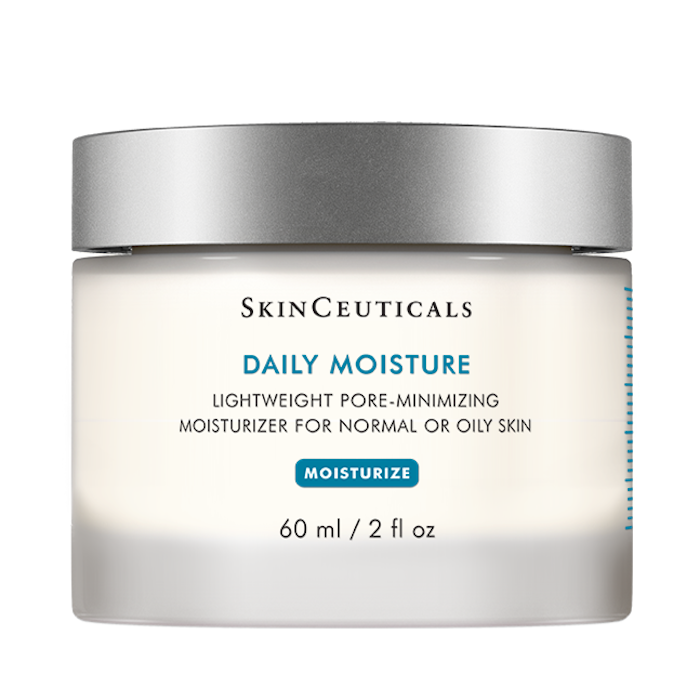
Camp recommends this product. "Algae extracts and purifying botanical extracts are included in this daily lightweight moisturizer for normal and oily skin to provide long-lasting hydration and reduce the appearance of pores," he says.
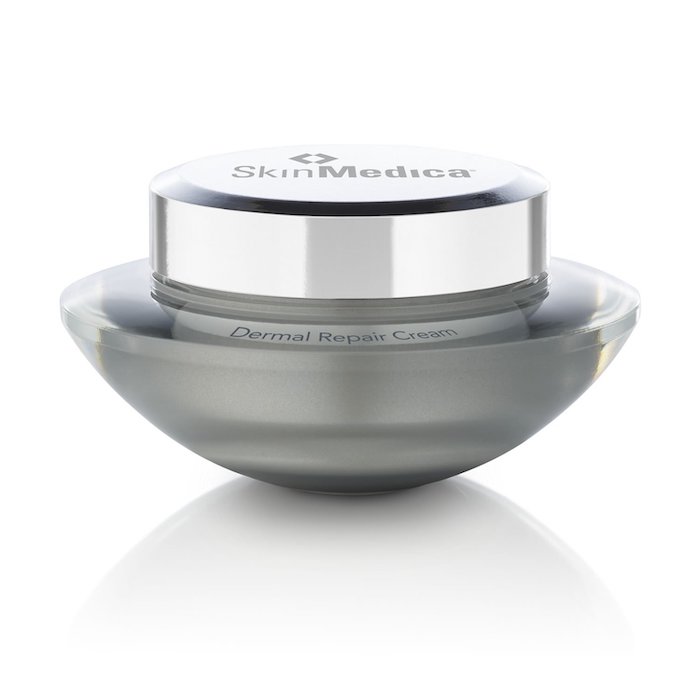
"In addition to algae, this ultra-rich moisturizer contains hyaluronic acid and vitamins C and E to provide intense hydration and improve texture," Camp says.
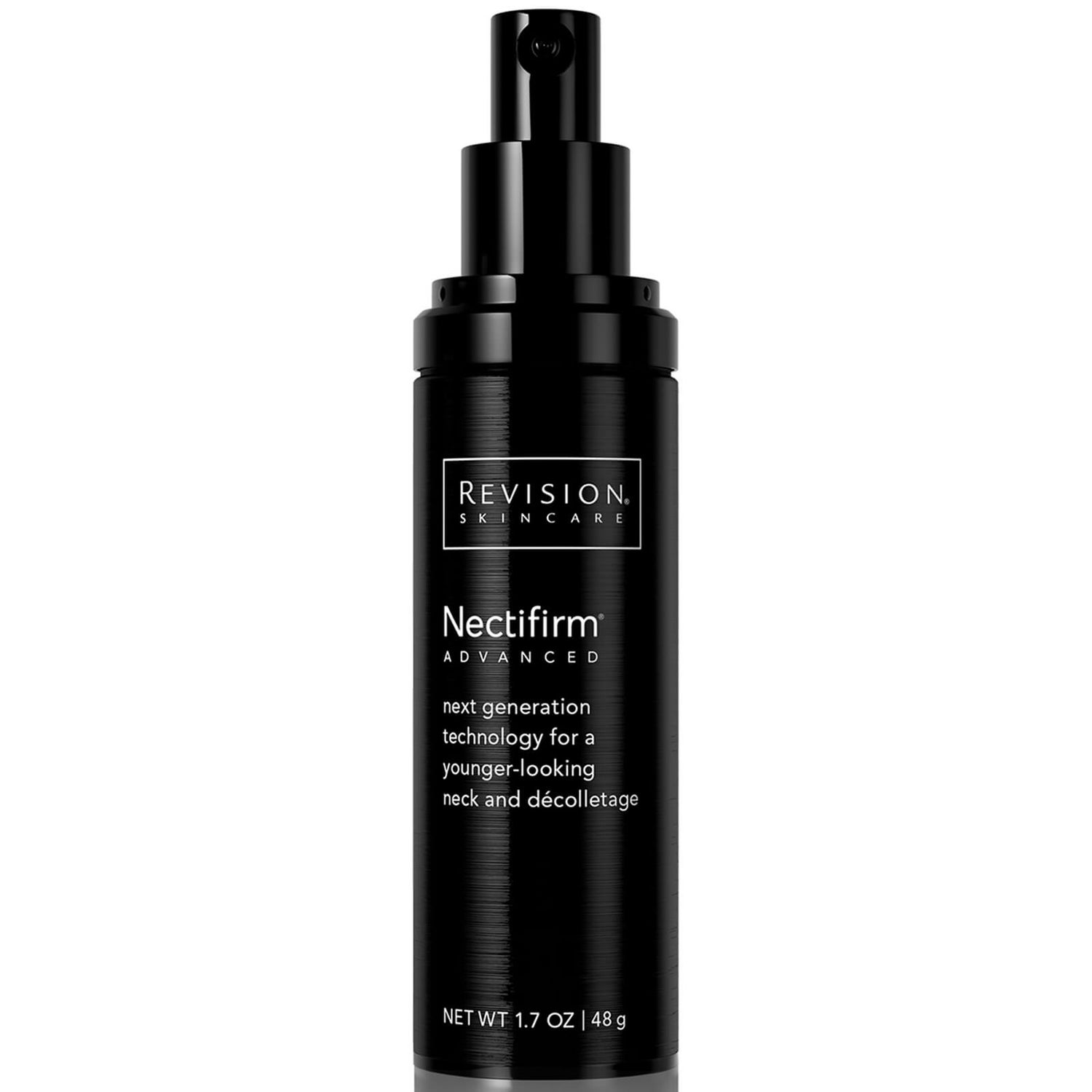
Another pick from Camp, he recommends this firming and elasticity-boosting neck cream. "Botanicals, peptides, and algae are combined to make skin look brighter and lifted while minimizing the appearance of crepey skin," he says.
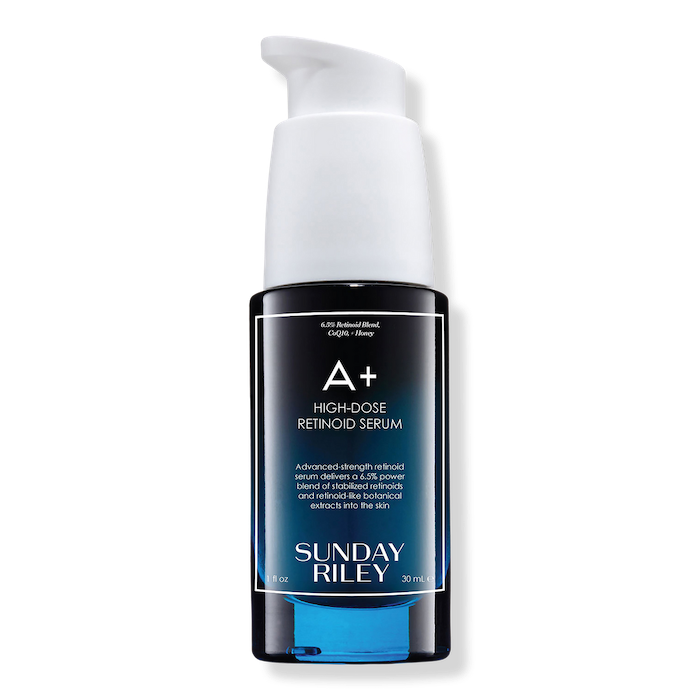
"Blue-green algae, a blend of retinols, and CoQ10 in this retinoid serum work to soothe the skin and deliver an even-toned complexion," Camp says.
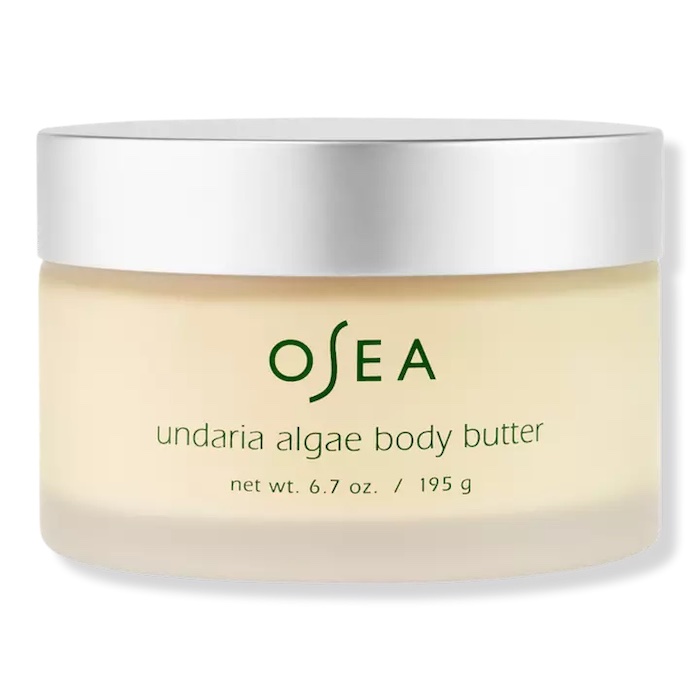
Algae can benefit the skin on the body just as much as the skin on the face. This rich body butter uses Undaria algae to hydrate, firm, and smooth skin. Its fast-absorbing formula means it won't leave a greasy residue behind.
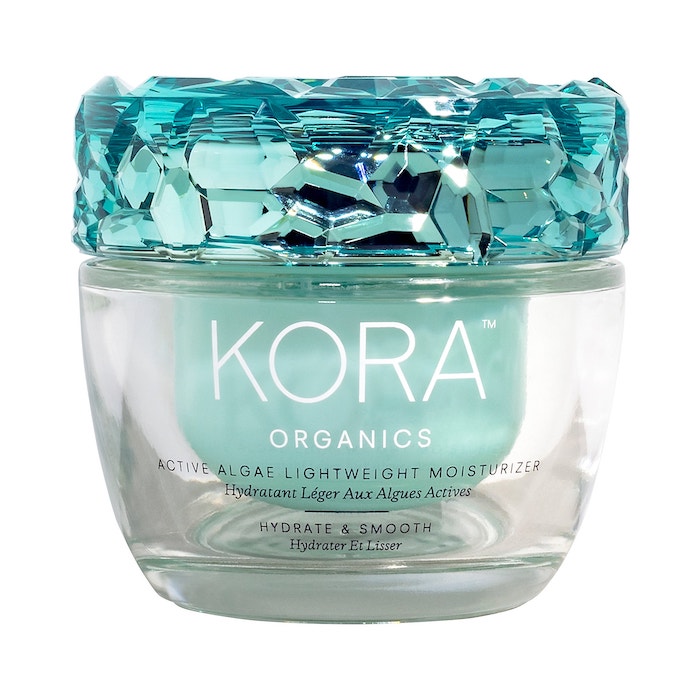
Green algae prevent visible signs of aging and improve firmness and skin clarity, while alpine rose and green tea soothe and hydrate the skin.
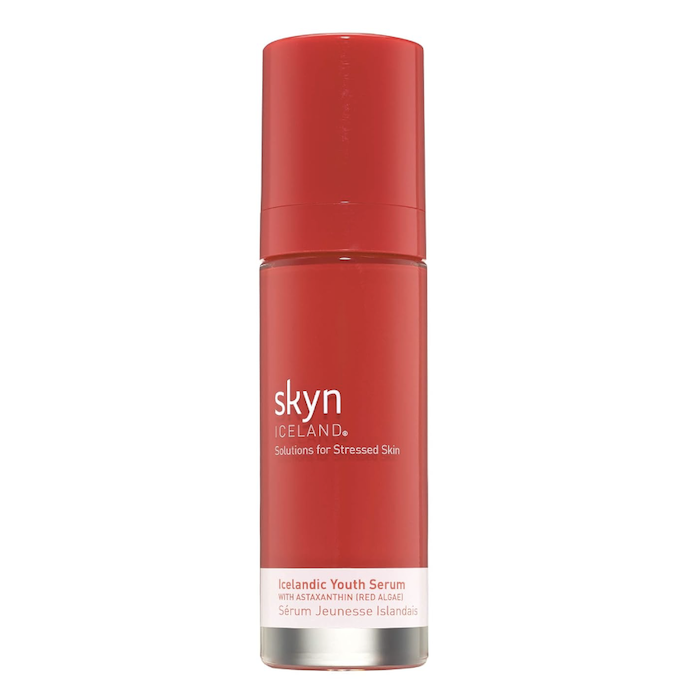
This serum uses red algae to hydrate, soothe, and firm the skin. Since red algae have photoprotective properties, it even shields against UV-induced damage and hyperpigmentation.

Kaitlyn McLintock is a Beauty Editor at Who What Wear. She has 10 years of experience in the editorial industry, having previously written for other industry-leading publications, like Byrdie, InStyle, The Zoe Report, Bustle, and others. She covers all things beauty and wellness-related, but she has a special passion for creating skincare content (whether that's writing about an innovative in-office treatment, researching the benefits of a certain ingredient, or testing the latest and greatest at-home skin device). Having lived in Los Angeles, California, and Austin, Texas, she has since relocated back to her home state, Michigan. When she's not writing, researching, or testing beauty products, she's working through an ever-growing book collection or swimming in the Great Lakes.
-
 Michael Gandolfini Is Right on Time
Michael Gandolfini Is Right on TimeWith the anticipated finale of Daredevil: Born Again and A24's Warfare, the actor strikes a high note this month.
By Jessica Baker
-
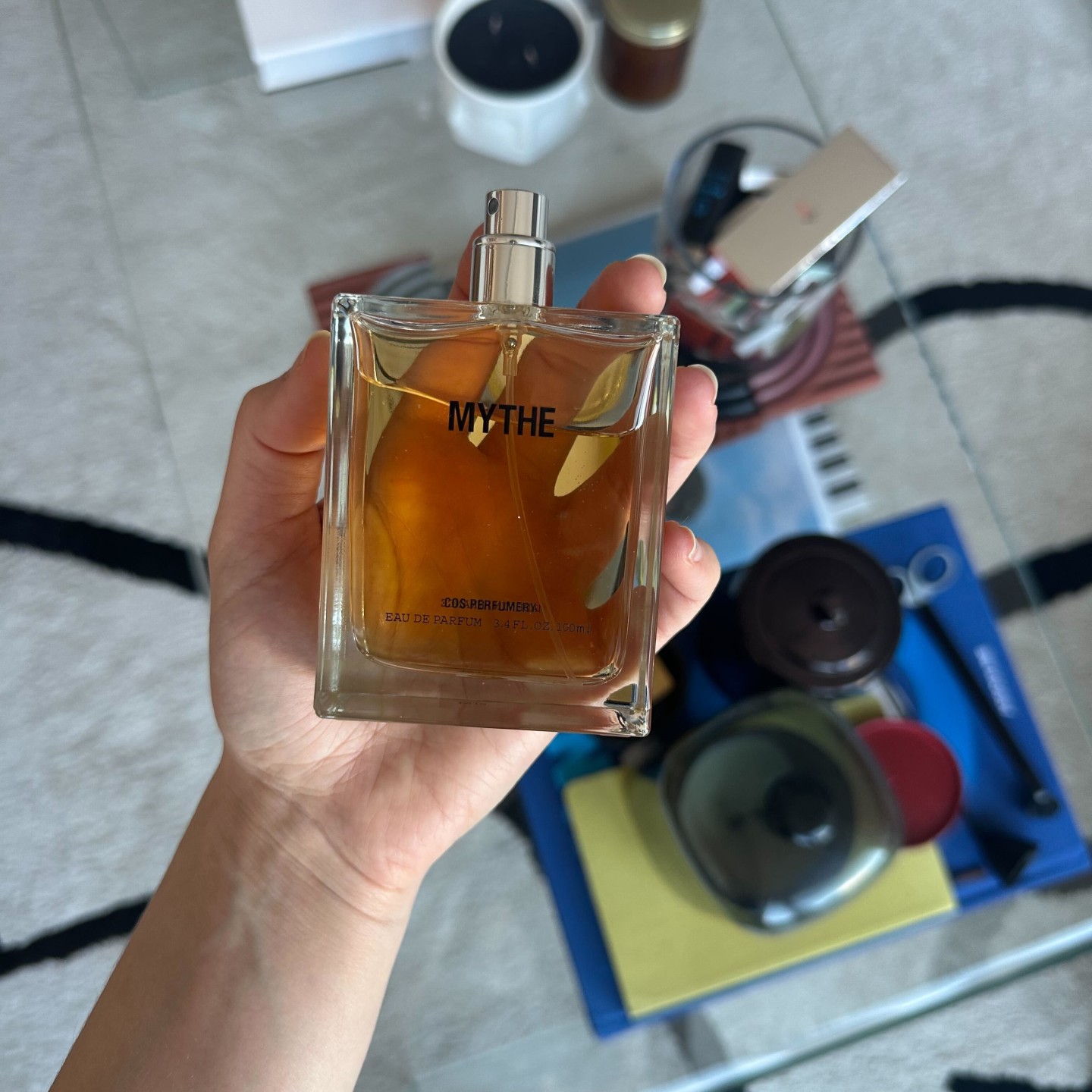 I Can Attest—COS Fragrances Are Just as Minimalistic-Chic as the Brand's Elevated Basics
I Can Attest—COS Fragrances Are Just as Minimalistic-Chic as the Brand's Elevated BasicsI’ve never smelled more expensive.
By Jamie Schneider
-
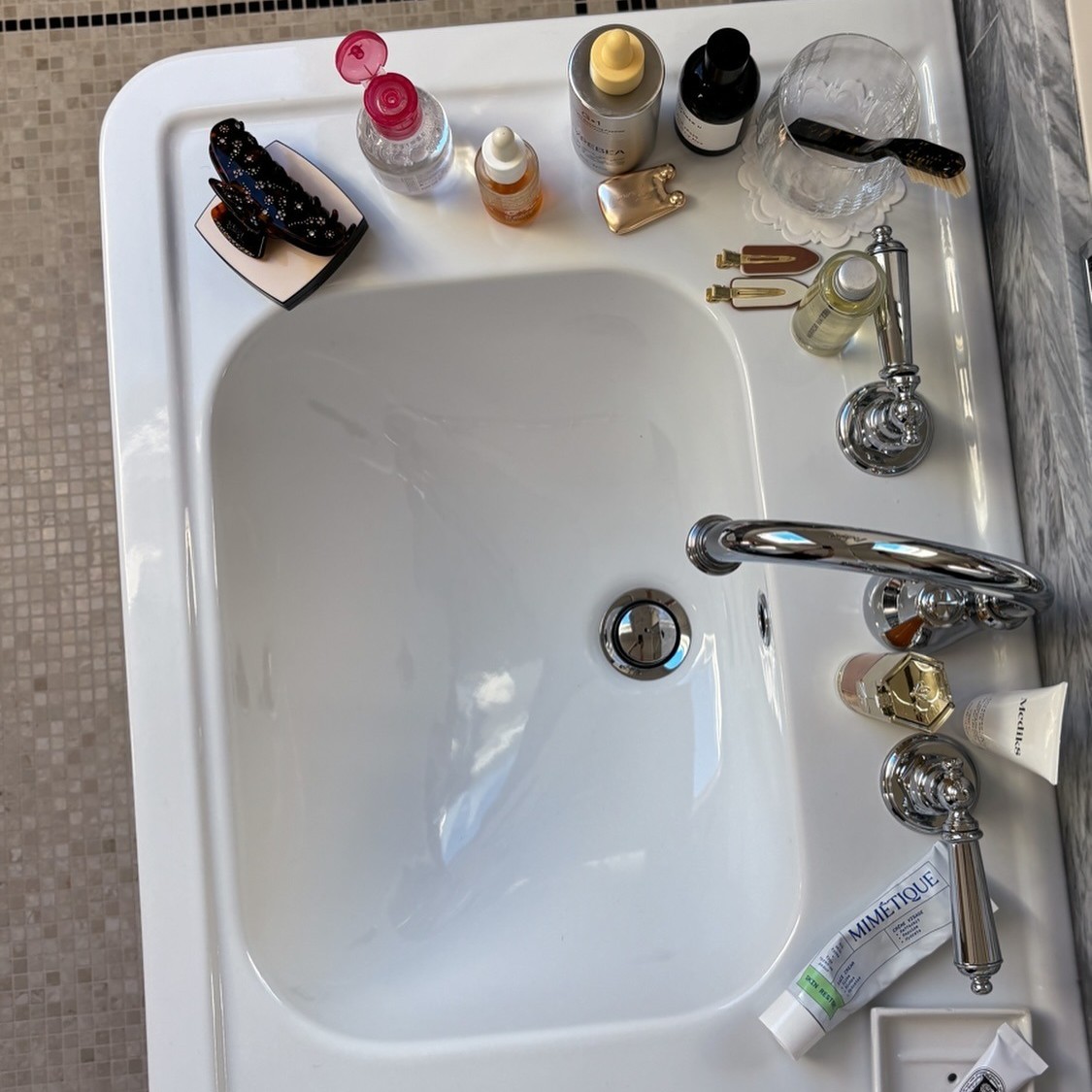 Derms and Beauty Editors (Hi, It's Me) Swear By This Straight-From-Nature Skin Hero That's DIY-Mask Approved
Derms and Beauty Editors (Hi, It's Me) Swear By This Straight-From-Nature Skin Hero That's DIY-Mask ApprovedThis is your sign to start slathering it on.
By Jamie Schneider
-
 Salma Hayek Pinault's Key to Youthful Skin? Moisturizer Sandwiches and This "Turkey Neck" Treatment
Salma Hayek Pinault's Key to Youthful Skin? Moisturizer Sandwiches and This "Turkey Neck" TreatmentNo retinol, no peels, and absolutely no injectables.
By Jamie Schneider
-
 My Sister and I Have Opposite Skin Types, But These Products *Magically* Work for Both of Us
My Sister and I Have Opposite Skin Types, But These Products *Magically* Work for Both of UsThese are our "unicorn" products.
By Kaitlyn McLintock
-
 Hailey Bieber Says She "Couldn't Live Without" This $12 French Pharmacy Cream
Hailey Bieber Says She "Couldn't Live Without" This $12 French Pharmacy CreamThat's it—I'm buying three.
By Kaitlyn McLintock
-
 I Polled Our Editor Slack Channel—10 French Beauty Products We’d Buy From Ulta’s Spring Sale
I Polled Our Editor Slack Channel—10 French Beauty Products We’d Buy From Ulta’s Spring SaleBy Alyssa Brascia
-
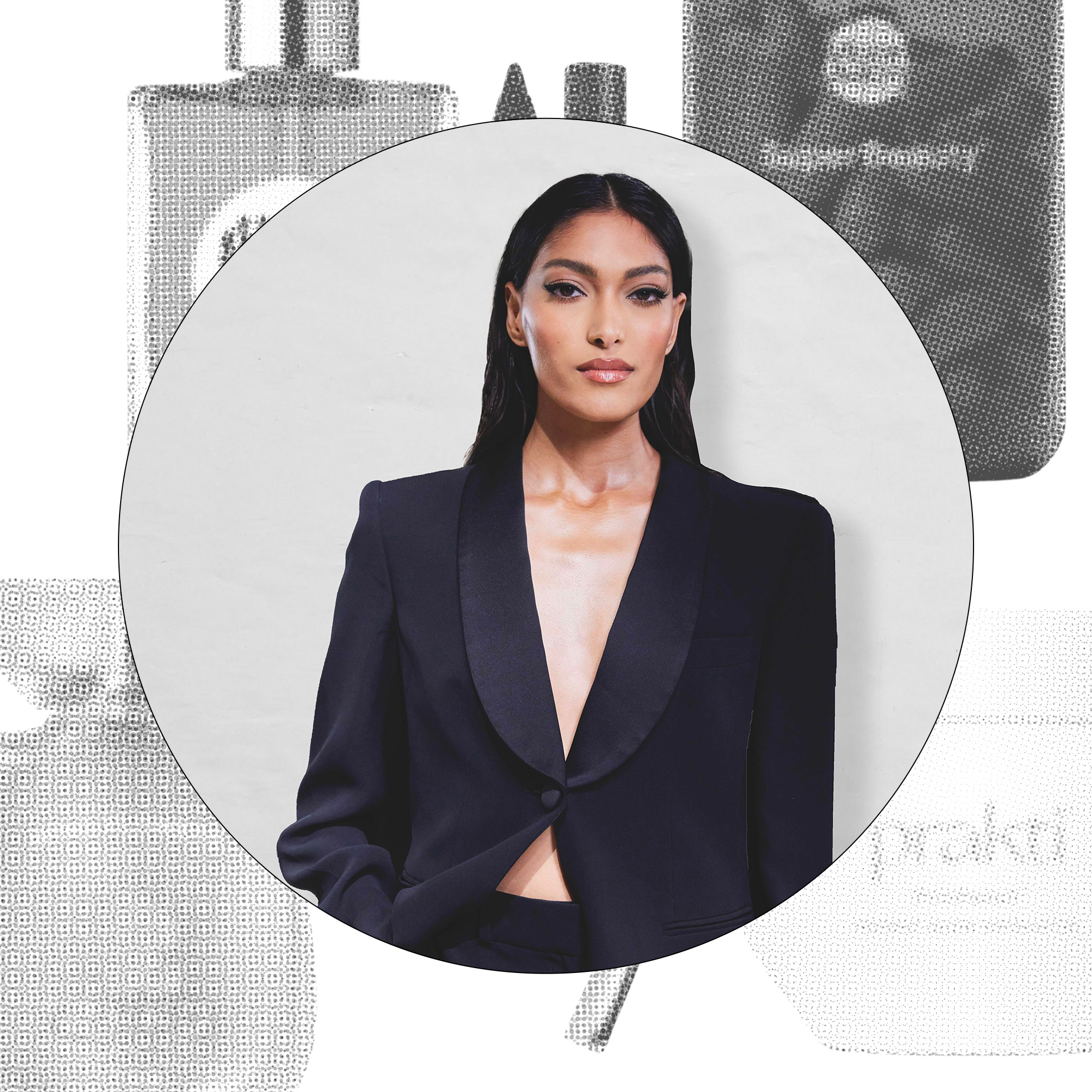 Model Pritika Swarup Has an Angel's Complexion, so I Asked for All Her Skin and Makeup Secrets
Model Pritika Swarup Has an Angel's Complexion, so I Asked for All Her Skin and Makeup SecretsHer must-haves for "runway-level radiance."
By Jamie Schneider
-
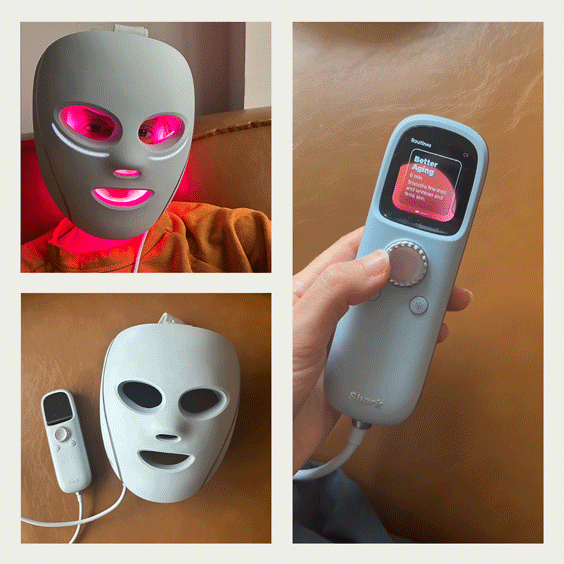 I've Tested $2850 Worth of LED Masks—Shark's New Model Is the One I'm Recommending to Friends
I've Tested $2850 Worth of LED Masks—Shark's New Model Is the One I'm Recommending to FriendsMy full review after wearing it for 67 days.
By Jamie Schneider
-
 5 Underrated Pillars of Youthful and Glowing Skin, According to Zendaya's Facialist
5 Underrated Pillars of Youthful and Glowing Skin, According to Zendaya's FacialistI'm taking so many notes.
By Shawna Hudson